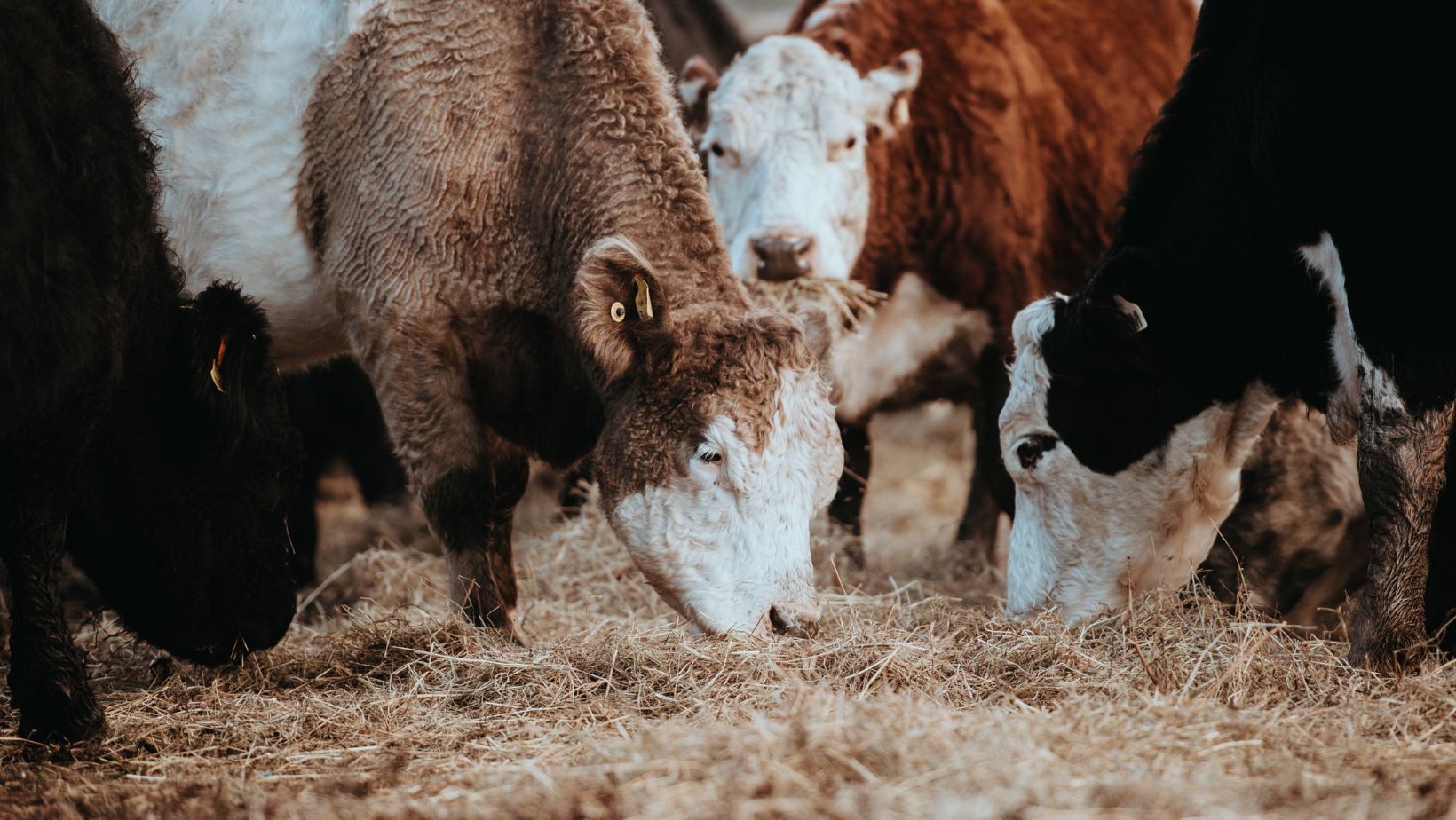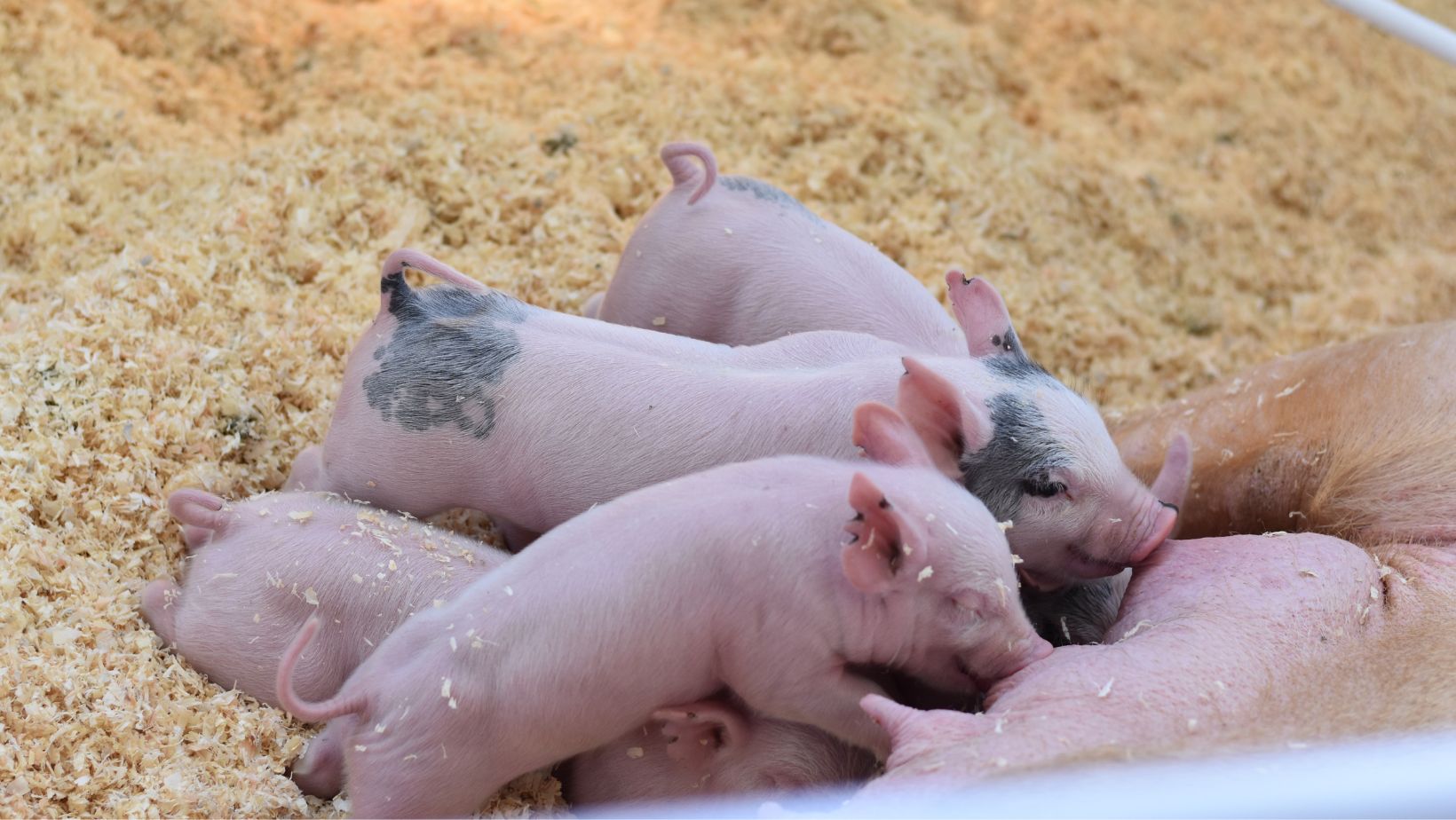Enhancing the health and performance of animals requires a proper diet. The appropriate feed must be given to all animals, whether you are raising them for meat or dairy production, running a poultry farm, or even just taking care of cherished pets. In addition to ensuring ideal growth and development, a balanced diet also boosts the immune system, increases the effectiveness of reproduction, and increases productivity.
This in-depth tutorial will examine the critical elements that improve animal health and performance through appropriate feeding. We’ll review the crucial actions you may take to guarantee your animals get the nutrition they require to thrive. We will check everything, from comprehending their nutritional needs to choosing premium feed ingredients and implementing them.
Notably, you may improve your animals’ health and performance by understanding the fundamentals of animal nutrition and putting the proper feeding methods into practice. Whether you are an experienced farmer, a livestock enthusiast, or a pet owner looking to improve the well-being of your companion, this guide will give you practical knowledge and helpful hints to help you reach your objectives.
Quality Feed Ingredients
Select nutrient-compliant, high-quality animal feed ingredients that are free of pollutants. It would be best to search for diets that include high-quality proteins from sources like fishmeal, soybean meal, or meat by-products. Grains, forages, or fibrous materials can supplement carbohydrates, while vegetable oils or animal fats can increase carbohydrates. Ensure the feed’s materials are fresh and not expired or rotten.
Understand Animal Nutritional Requirements
Different animals have different nutritional needs depending on the species, age, breed, and use of the animal. To learn your animals’ precise dietary needs, research and speak with veterinarians or animal nutritionists.
Provide a Balanced Diet
Ensure the animal’s diet balances essential elements, including water, proteins, carbs, fats, vitamins, and minerals. These substances are necessary for immune system health, growth, and reproduction.

Commercially available animal feeds are frequently designed to satisfy these specifications, but you should choose them based on the particular requirements of your animals.
Regular Monitoring and Adjustment
Keep a close eye on animals’ performance and health indicators, such as their weight gain, milk production, and egg production. Analyze the feed program’s effectiveness and make any required modifications. For advice on maximizing animal nutrition, consult experts.
Hygiene and Sanitation
Keep feeding spaces and storage facilities clean to avoid contamination and the formation of mold or poisons. Feeders, waterers, and other equipment should be cleaned and disinfected regularly to reduce the danger of infections and diseases.
Consider Dietary Supplements
Sometimes, dietary supplements may be required to fulfill specific nutritional needs or correct deficiencies. These supplements could comprise probiotics, amino acids, vitamins, or minerals. To ascertain whether and how much supplementation your animals require, consult a veterinarian or animal nutritionist.
Animal Nutrition’s Importance in Livestock Production
Livestock animals, like people, require a balanced diet that includes all of the vital nutrients, fluids, minerals, and vitamins. Proper nutrition provides your animals with the energy they need to grow, develop, and breed and the immunity they need to combat illnesses. All of these benefits contribute to more lucrative and sustainable agriculture.

Whether you feed your livestock commercial provides, like concentrates or in-farm foodstuff, you must ensure that each ration covers each animal’s necessary dietary requirements at each stage of its life. Cattle, for example, have significantly different nutritional needs than pigs. A lactating cow’s nutrition will also differ from that of a calf.
Remember that you may consistently increase the specific nutritional value of your feeds by adding livestock feed additives. Let’s dig more into the significance of animal nutrition in cattle production.
Improve Breeding
Numerous studies have discovered a direct relationship between nutrition and animal reproductive success. Feeding habits, ration quality and amount, and, most significantly, the nutritional value of feeds all significantly impact an animal’s reproductive health.
Calcium, zinc, magnesium, selenium, and manganese deficiencies can impair cow fertility by raising the risk of placental retention and mastitis and disrupting the balance of gestation and parturition hormones. In severe circumstances, insufficient nutrition may result in poor fetal development, limited growth after delivery, and high calf death rates.
Prevent Malnutrition, Deficiencies, and Diseases
Hundreds of nutritional-related disorders harm livestock animals. Most of these ailments are caused by malnutrition or lacking minerals and vitamins. Deficiencies and malnutrition significantly impact animal growth, development, and productivity; extreme cases can result in irreparable health issues, diseases, or even death.

Modern farming techniques have made nutrition-related disorders more prevalent. Because most animals are fed concentrates designed to optimize productivity, they may be deficient in some minerals and vitamins.
Feed your animals high-value vitamins, including B12 supplements and salt-based additives containing various micro and macro minerals. For instance, cattle need B12 to meet the high energy requirements of lactation and growth.
Boost Yields
In general, optimal nutrition increases livestock health, increasing productivity. Well-fed cattle and poultry will generate more milk, meat, and eggs. Although gross output data are the foundation of every agribusiness, they only tell half of the story.
Consumer preferences for food product quality have shifted dramatically during the previous decade or two. There is an increasing demand for farm food grown using sustainable practices. The cattle industry is under particular pressure to adopt humane farming practices. Animals on a humane farm should not be subjected to hazardous substances or situations to boost their production.
A well-balanced diet increases yields and improves the quality of cattle produce. You don’t need to cut corners or use unethical methods to increase farm output as long as your animals are adequately nourished.
Bottomline
The success of your farm depends on how you handle, feed, and care for your animals. Food affects livestock’s overall health and production performance. Remember that animals are susceptible to what they eat and how they eat it. Therefore, give your livestock animals every essential nutrient in the right quantities and time.
